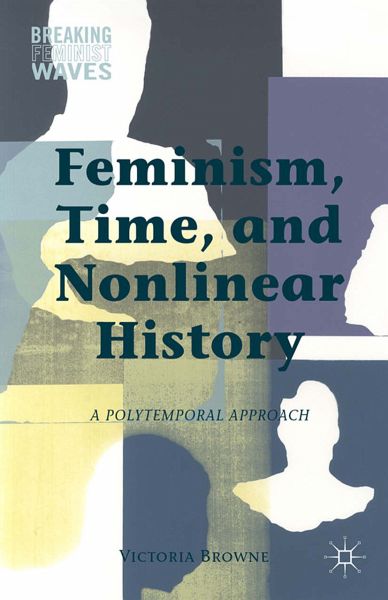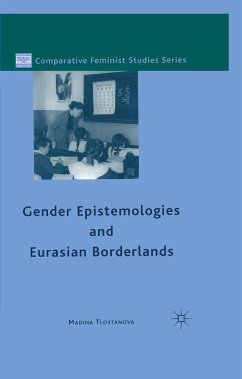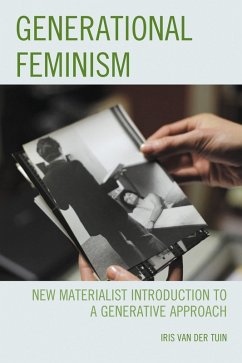"Victoria Browne's Feminism, Time, and Nonlinear History is part of a critical effort to think the history of feminism beyond the dominant model of an ascending series of 'waves'. ... Browne's book is a profound and innovative project. It suggests a notion of 'politemporality' which resonates with the idea of coalitional feminist politics. Browne's analysis of time aims to implement a post-colonial and intersectional critique of western culture, and to offer a productive alternative." (Miri Rozmarin, European Journal of Cultural and Political Sociology, Vol. 5 (04), April, 2018)
"In this important book, Browne challenges feminism to think through the problem of historiography in order to better account for the 'complex coevalness'
of feminism's multiplicity. By focusing on the concept of lived time, rather than, say, evolutionary or geological time, Browne provides feminist theory with a theoretically astute and generative engagement with the social andpolitical effects of temporalization, and in so doing situates feminism's continuing political viability in the complexities of our 'shared time' with others." - Victoria Hesford, Associate Professor of Women's and Gender Studies, Stony Brook University, USA
"In a profound and original argument, Browne demonstrates how philosophical assumptions about time and history have shaped feminism's traditional account of itself. In contrast to modernist temporal assumptions, Browne offers an alternative polytemporal account of lived time as multilinear and multidirectional. On this account time is inherently political, and feminist temporality is one of struggle. This book is a key intervention into recent debates in feminist historiography, and the phenomenology of time." - Kimberly Hutchings, Professor of Politics and International Relations, Queen Mary University of London, UK
"As this book argues, a key question facing feminist thinkers and activists today is how to understand feminism itself as a historical movement without erasing the multiple, and often conflicting, perspectives that have constituted that history. In addressing this question, Browne's book not only makes a significant and original contribution to philosophical debates about the nature of historical time. It will also help to secure richer, less exclusionary, and more transformational feminist futures by offering a comprehensive and rigorously argued polytemporal approach to feminist pasts." - Rachel Jones, Assistant Professor of Philosophy, George Mason University, USA














